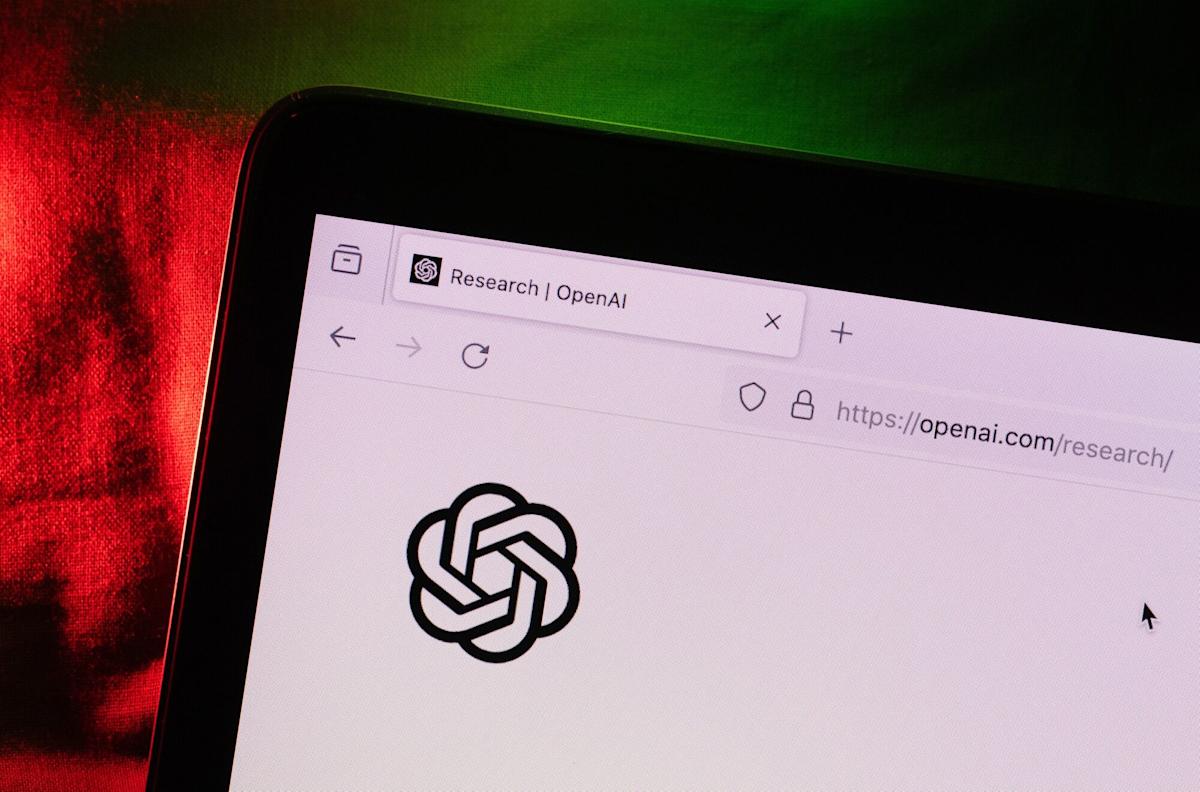North Korean Hackers Used ChatGPT to Help Forge Deepfake ID
(Bloomberg) — A suspected North Korean state-sponsored hacking group used ChatGPT to create a deepfake of a military ID document to attack a target in South Korea, according to cybersecurity researchers.
Attackers used the artificial intelligence tool to craft a fake draft of a South Korean military identification card in order to create a realistic-looking image meant to make a phishing attempt seem more credible, according to research published Sunday by Genians, a South Korean cybersecurity firm. Instead of including a real image, the email linked to malware capable of extracting data from recipients’ devices, according to Genians.
Most Read from Bloomberg
The group responsible for the attack, which researchers have dubbed Kimsuky, is a suspected North Korea-sponsored cyber-espionage unit previously linked to other spying efforts against South Korean targets. The US Department of Homeland Security said Kimsuky “is most likely tasked by the North Korean regime with a global intelligence-gathering mission,” according to a 2020 advisory.
The findings by Genians in July are the latest example of suspected North Korean operatives deploying AI as part of their intelligence-gathering work. Anthropic said in August it discovered North Korean hackers used the Claude Code tool to get hired and work remotely for US Fortune 500 tech companies. In that case, Claude helped them build up elaborate fake identities, pass coding assessments and deliver actual technical work once hired.
OpenAI representatives didn’t immediately respond to a request for comment outside normal hours. The company said in February it had banned suspected North Korean accounts that had used the service to create fraudulent résumés, cover letters and social media posts to try recruiting people to aid their schemes.
The trend shows that attackers can leverage emerging AI during the hacking process, including attack scenario planning, malware development, building their tools and to impersonate job recruiters, said Mun Chong-hyun, director at Genians.
Phishing targets in this latest cybercrime spree included South Korean journalists and researchers and human rights activists focused on North Korea. It was also sent from an email address ending in .mli.kr, an impersonation of a South Korean military address.



Leave a Comment
Your email address will not be published. Required fields are marked *